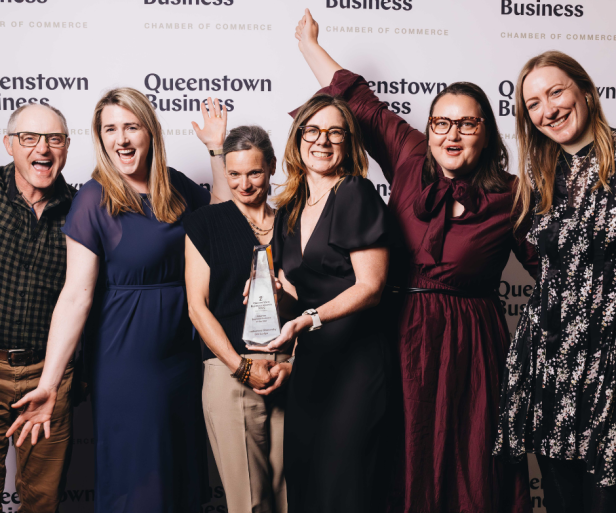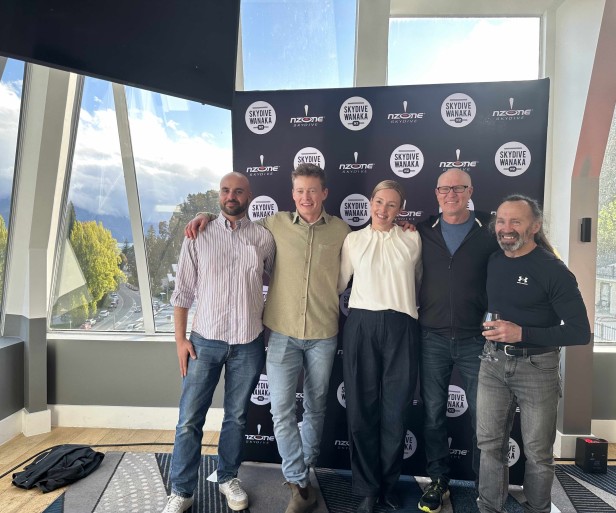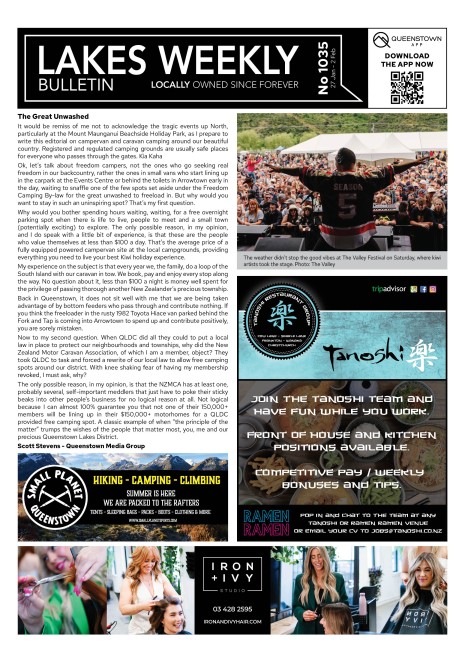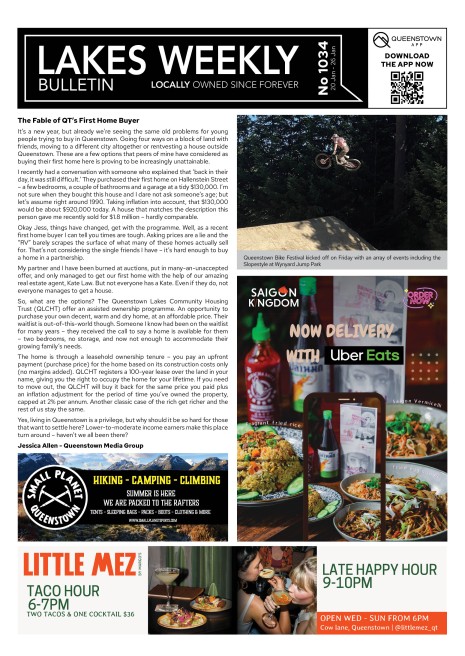Innovating and evolving in a changing business environment
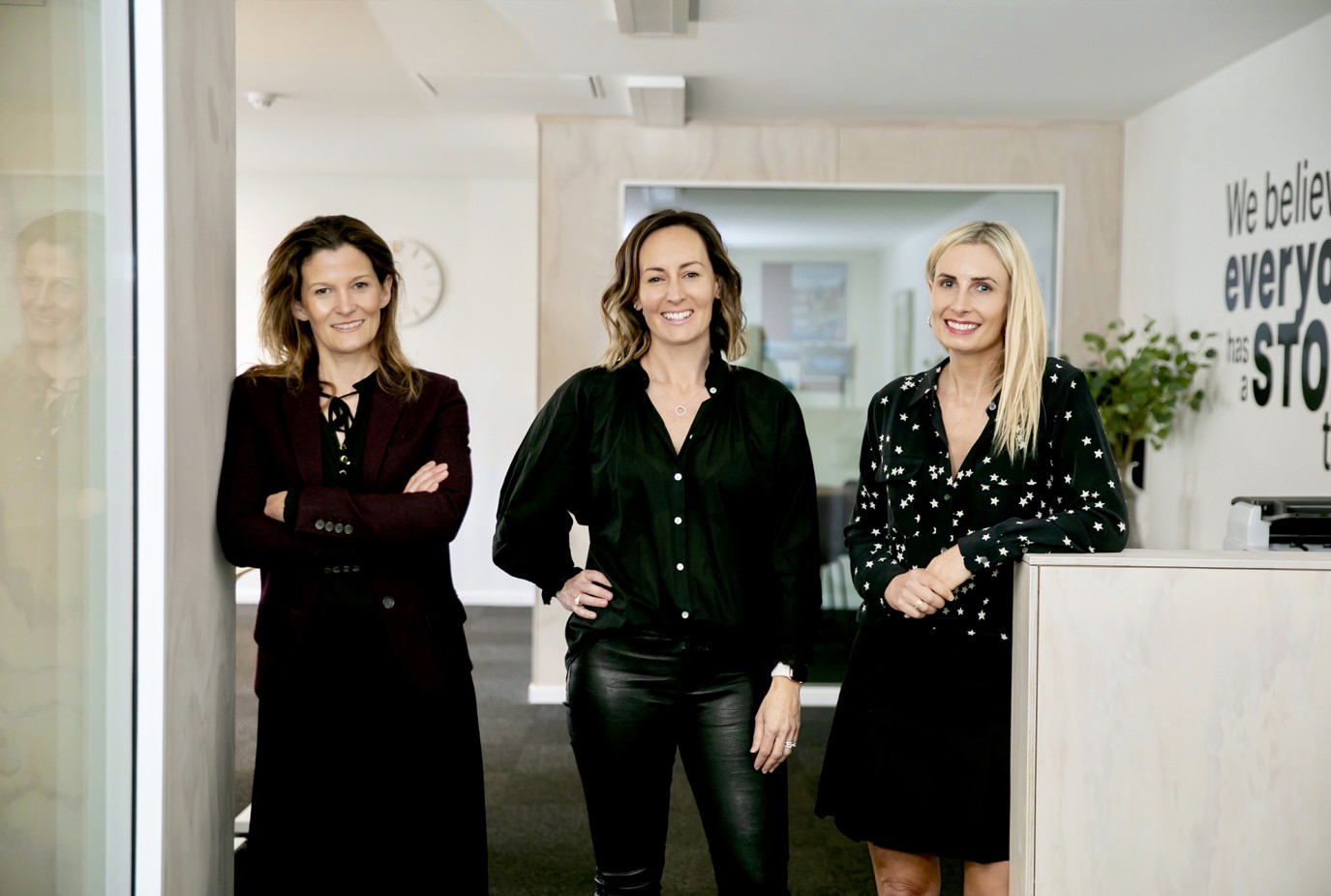
Scope Communications managing director Celia Crosbie explains the reasons behind the PR consultancy’s name change, and shares her tips on how to innovate in a changing business environment.
In April, the Wānaka-based PR communications consultancy formerly known as Scope Media rebranded as Scope Communications.
On the face of it, a simple word change doesn’t seem that significant when it comes to company rebrands. But there’s a sense of irony in the timing, with our news coming a few weeks after announcements of job losses within major broadcast media.
As a former news journalist, watching the collapse of parts of New Zealand’s news media has been upsetting and confronting.
And, in my present role as a communications professional, the continued disruption to an industry I’ve worked in for more than 20 years has got me thinking about the future of our media ecosystem: What will news reporting and journalism look like in the future? How will brands, individuals and organisations tell their story if there are limited media options available? And will our younger generations even care about the news?
In actual fact, the move to replace the word ‘Media’ with ‘Communications’ in the brand name has been two years in the making.
When I set up Scope in 2013, ‘Media’ seemed the right word at the time I was exiting journalism. My goal then was to do PR differently, and create stories that appealed to media by providing them a ‘story on a plate’ while newsrooms were shrinking and resources were stretched. We continue to do this 11 years later.
Considering a rebrand as a team, we felt that ‘communications’ better reflects what we do, as the lines between PR and journalism continue to blur. While our roots are proudly entrenched in journalism, our collective skillset spans all methods of communication – including digital PR, marketing communications, stakeholder relations, crisis communications, issues & reputation management, media relations and paid digital advertising.
The power of media and communication now exists within a range of integrated channels and it’s more important than ever to specialise in all. The bottom line for us is, as long as we’re creating lasting relationships between a brand and its audiences – whether that’s online, in a magazine or in person – we’re doing our job as opportunity-makers.
In May, Scope Communications won a Silver Award for the Best Small-to-Medium PR Consultancy of the Year category at the annual Public Relations Institute of New Zealand Awards. Our award was granted in recognition of how we continuously look to innovate within our industry.
For us, innovation comes from a place of constantly wanting to do better, and be better.
Sure, it’s often a response to a changing marketplace – whether there’s disruption to the industry you operate in, or an economic downturn, or a change in market share.
But we’ve always looked to challenge the status quo: How can we deliver an even better service, or achieve an even better result for our clients? How can we meet the media’s needs while meeting the individual needs of the brands we represent?
In an evolving media landscape, it takes an innovative approach to ensure your stories will interest news outlets and journalists. As traditional media options shrink, it’s essential to reimagine how stories are told and distributed and embrace new platforms and methods.
Scope Communications has tackled these challenges by enhancing the way we create media releases to give them long-term value across multiple channels. We have also productised several of our services related to innovative storytelling and story discovery because we recognise this is an area where brands need help these days. By continually questioning how we can improve our services and results, we aim to meet both media demands and the unique needs of the brands we represent.
And sometimes, the answer includes a name change.
Here are my top tips for navigating a changing marketplace through innovation:
Look for trends and patterns to help you pick your next move
Ask yourself why something is happening. What’s going on in the wider context that’s causing change or disruption? Do you have a solution to a problem that you keep noticing? What’s happening in an adjacent industry or market that you can look to adopt similar solutions?
Ask your people
Sometimes asking questions feels uncomfortable. But it’s important to know how your clients and customers feel about your product/service – assumptions will only get you so far. Ask your customers or clients for feedback on how you can improve your product/service, or make their lives easier in general. And don’t forget to include your teams in the process of seeking the answers – sometimes the eureka moment comes from within.
Seek out a better way to do things
We like to reflect on the past to help us navigate our way forward. Undertaking project retrospectives is a helpful way to critique what went well and what could be improved upon. Sometimes a small adjustment can have a big impact. Are there aspects of your service delivery that could do with a review?
Embrace change
The old adage, ‘if it ain’t broke, don’t fix it’ shouldn’t always apply. In the case of the media ecosystem, we’re constantly reviewing our strategies for media outreach. Keeping our eyes open for anything that inspires us is also a good catalyst for change. Changes can be big or small – but generally they open up new opportunities for growth and development.
Don’t give up – you’ll crack the code eventually
We’ve invested a lot in trying new ways of doing things. Sometimes they don’t work, sometimes they do – and sometimes the timing isn’t quite right. Learn from your mistakes and keep trying and testing. When you get there, you’ll know. But don’t stop there – keep going and always look to improve more.
Celia Crosbie (Kai Tahu) is also the Wānaka Business Chamber vice chair and board member of Te Kupeka Umaka Māori ki Araiteuru (KUMA). www.scopenz.com

